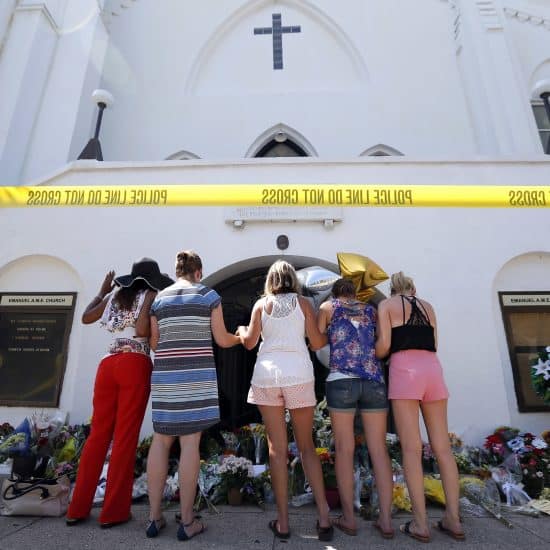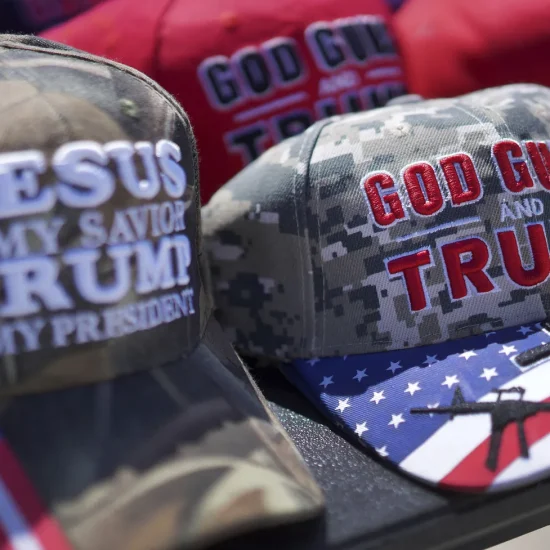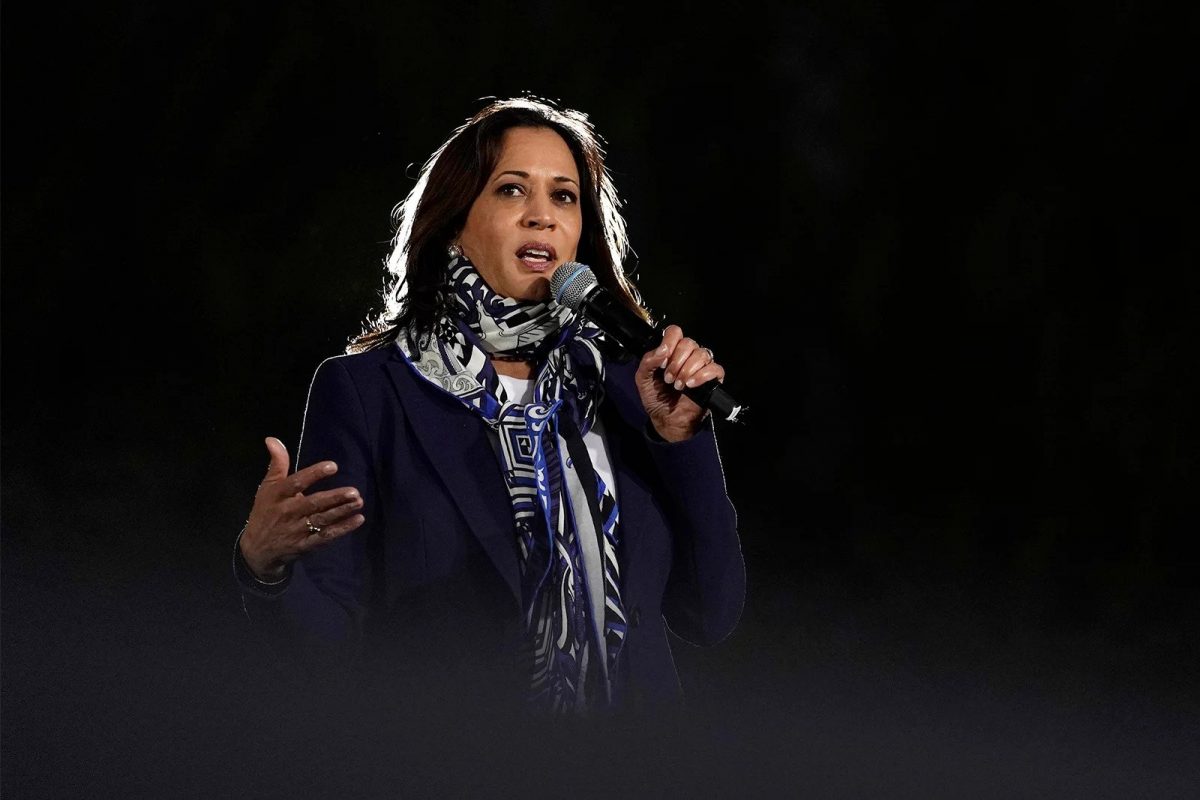
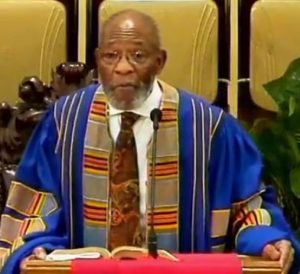
Screengrab as Amos C. Brown preaches at Third Baptist Church in San Francisco.
On Inauguration Day, I watched with pride from the Capitol stage as our country swore in a member of my congregation as the first Black and the first woman to the office of Vice President. When Kamala Harris took the oath of the office she made history. Her political journey, from City Hall in San Francisco to the State House in Sacramento to the United States Capitol and then the West Wing, shows how far our nation has come in term of equality.
Two days later, a so-called Christian pastor from Texas reminded us how tragically far we still have to go.
On his Twitter feed, Tom Buck of the First Baptist Church in Lindale asked his 16,000 followers how Christians could consider Harris as a role model for their daughters, calling her a “Jezebel.” It was an ugly, racist post that used a highly-derogatory term, one linked to sexual stereotypes of Black woman going back to slavery and the era of Jim Crow.
For a White man to use that word to describe any Black woman is demeaning in the extreme. For a White man who fashions himself a Christian to use it as a label for the Vice President of the United States is unforgivable.
Such vile tropes have no place in our society or political discourse. One would expect Buck’s slur to be criticized harshly, both by the Vice President’s friends and supporters as well as her conservative opponents. When Buck repeatedly posted that he stood by his slur “100%,” the condemnation should have been especially loud from leaders of Southern Baptist Convention to which Buck belongs.
Yet, the condemnation by those Southern Baptist leaders is nowhere to be found. The voice of White evangelical leaders, especially those like Franklin Graham with strong ties to the former president, should be decrying this overtly racist attack on the Vice President. Instead, these professed Christian are silent about a statement that is profoundly anti-Christian.
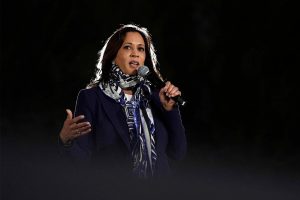
Kamala Harris speaks at a campaign event on Oct. 27, 2020, in Las Vegas, Nevada. (John Locher/Associated Press)
If they won’t speak out when epithets are hurled at a powerful woman, what does that say about how they view and treat other Black Americans who have neither position nor power?
While this silence is shocking on its own, it’s sadly far from isolated.
Many White evangelical leaders have been staunch supporters of the former president and have repeated the lie about a stolen election. Their failure to tell their followers the truth helped empower the attack on the Capitol, an attack on democracy whose Confederate flags and nooses were unmistakable symbols of its White racist foundation.
This is no accident: In November, the heads of Southern Baptist Seminaries banned the teaching of Critical Race Theory from their campuses. They will not even discuss the issues of systemic racism, much less work to eliminate its effects.
This is the tragic truth about our nation, that we can elect a Black woman as Vice President yet cannot rid ourselves of systemic racism. We cannot heal the nation and bind the wounds inflicted over the last four years by the previous president — and over the last 400 by our racist roots — if we can’t even agree to acknowledge the existence of systemic racism.
If we are to stamp out this stain on our history, then all of us — and especially White evangelical leaders — must stand up and denounce racism in word and deed. It is the first step towards the reconciliation and unity that we must have for our nation to prosper for all of its citizens.
 Rev. Amos C. Brown is the pastor of Third Baptist Church in San Francisco and a member of the NAACP National Board of Directors. Hear more from him in episode 147 of the award-winning Word&Way podcast “Baptist Without An Adjective.”
Rev. Amos C. Brown is the pastor of Third Baptist Church in San Francisco and a member of the NAACP National Board of Directors. Hear more from him in episode 147 of the award-winning Word&Way podcast “Baptist Without An Adjective.”


